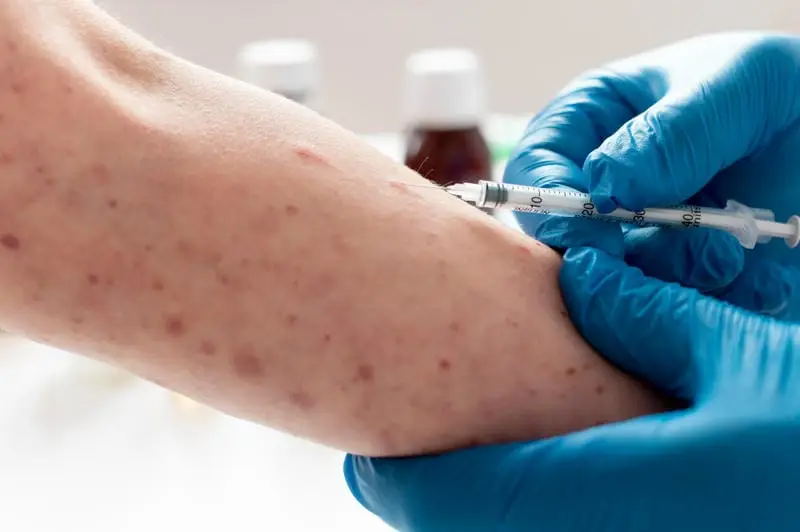- Published on: Aug 02, 2025
- 2 minute read
- By: Secondmedic Expert
Is Curd Good Or Bad For Acidity?
Acidity is a common digestive issue in India—often triggered by spicy food, irregular meals, stress, or poor gut health. In such situations, curd is often suggested as a home remedy. But the big question is: Is curd good or bad for acidity?
Let’s dive into the facts, benefits, and precautions you should know.
What Makes Curd Special?
Curd is a fermented dairy product rich in probiotics—beneficial bacteria that help maintain a healthy digestive system. Unlike milk, curd is easier to digest and is often considered cooling for the stomach.
Why Curd Is Good for Acidity (for Most People)
1. Probiotics Balance Stomach Acid
Curd contains Lactobacillus bacteria which improve digestion and reduce bad bacteria that cause acidity.
2. Cools the Stomach
Curd has a soothing effect on the stomach lining and helps reduce inflammation caused by excess acid.
3. Prevents Acid Reflux
By improving digestion, curd reduces the time food stays in the stomach—lowering the chances of acid reflux.
4. Aids Gut Healing
If your acidity is due to poor gut flora, curd can restore balance and improve nutrient absorption.
When Curd Might Not Be Suitable
Curd may not suit everyone. Here are cases when curd may worsen acidity or cause discomfort:
1. Lactose Intolerance
If you’re sensitive to dairy, curd may cause gas, bloating, and worsen acid reflux symptoms.
2. Eating Curd at Night
Curd increases mucus production in some people. Eating it late at night might cause discomfort or cold-like symptoms.
3. Flavored or Sweetened Curd
Packaged or sweet curds often contain sugar, preservatives, and artificial flavors which can irritate the stomach lining.
4. Combining with Heavy Meals
Eating curd with non-digestible or spicy food can cancel out its benefits and lead to fermentation in the gut.
Best Time to Eat Curd for Acidity
-
With lunch – balances digestion
-
Mid-morning or early evening – good for snacks
-
Avoid late-night curd or with heavy dinners
How to Eat Curd for Maximum Benefit
-
Eat plain, unsweetened curd
-
Add jeera powder, black salt, or mint for better digestion
-
Use it in buttermilk or raita instead of plain form if acidity is frequent
-
Avoid eating it cold from the fridge—room temperature is best
Healthy Curd-Based Recipes for Acidity
1. Jeera Raita
Curd + roasted cumin powder + black salt – cools the stomach
2. Mint Buttermilk (Chaas)
Curd + water + mint + salt – aids digestion and reduces acidity
3. Lauki (bottle gourd) Raita
Curd + boiled lauki – light and cooling for the gut
When to Get Tested
If you suffer from chronic acidity, indigestion, or burning sensation even after diet changes, get tested for:
-
H. pylori infection
-
Liver issues
-
Food intolerances
-
Gastritis or ulcers
You can book these tests at SecondMedic.com with Thyrocare-backed labs and home collection.
Conclusion
So, is curd good or bad for acidity?
Yes, curd is generally good—thanks to its probiotics and cooling nature. But it must be eaten plain, in moderation, and at the right time of day.
If you have specific gut sensitivities or lactose issues, talk to a doctor before including curd in your diet regularly.
Read FAQs
A. Yes, plain curd has probiotics and cooling properties that can help reduce mild acidity in many people.
A. Avoid curd if you are lactose intolerant, have excessive gas, or notice worsening symptoms after eating it.
A. Daytime, especially with lunch, is best. Avoid curd at night to prevent mucus buildup or indigestion.
A. Yes. Flavored or sweetened curd may contain added sugars or preservatives that irritate the stomach.
A. Add jeera powder, black salt, or mint to your curd for enhanced anti-acid and digestive benefits.









